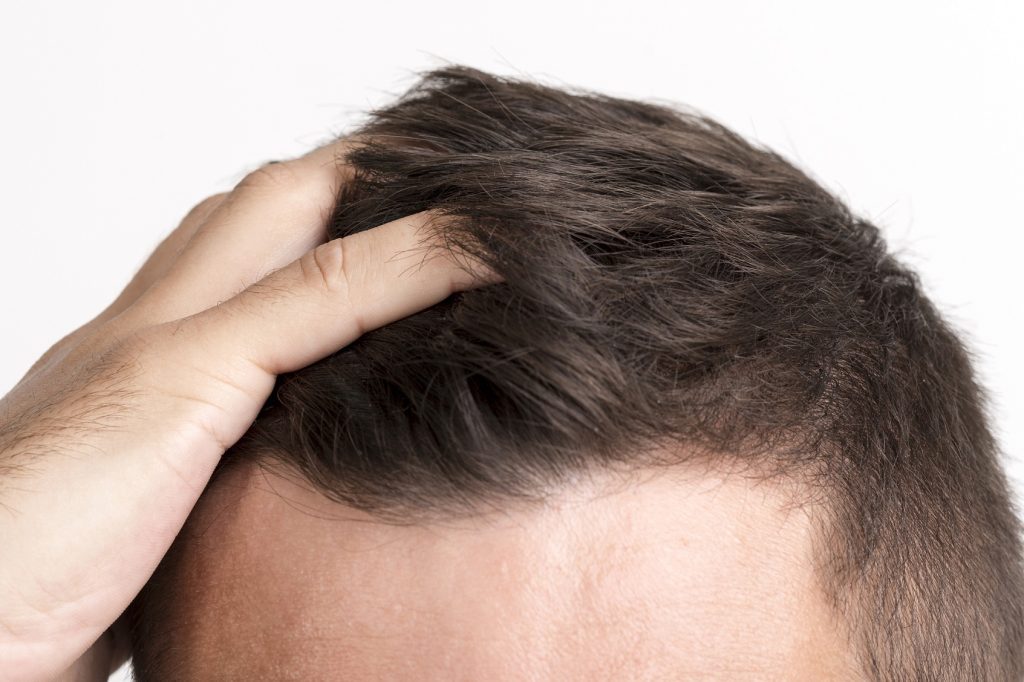Losing more hair than what gets regenerated can lead to baldness or hair loss. Hair loss is concerned with a significant loss of confidence and self-esteem. It isn’t uncommon for people to face psychological trauma and stress due to the same. There can be a good many factors to it, but fortunately, scientific advancements are running parallel to the concerns.
Balding is a more common concern among men. Regardless of gender, hair loss is an issue that has been haunting people for a very long time. Our wide range of treatments varies from specific and specialised treatments to topical application of serums and in certain cases, administering cortisone injections. We also offer hair transplantation treatments where hair follicles cannot be regenerated.

